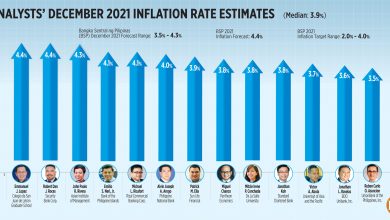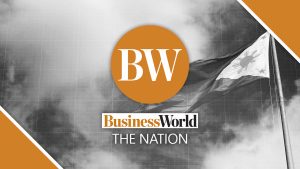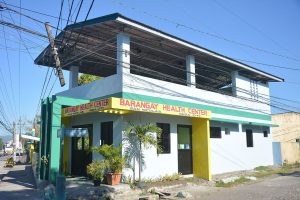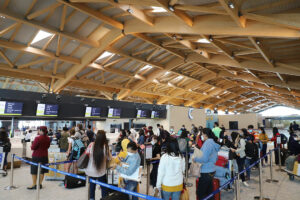FDI net inflows drop in May to a four-month low

NET INFLOWS of foreign direct investments (FDI) declined in May, as elevated inflation and multi-year high borrowing costs dampened investor sentiment.
Data released by the Bangko Sentral ng Pilipinas (BSP) showed that FDI net inflows fell by 34% to $488 million from $739 million a year earlier.
It also dropped by 44.2% from the $876-million FDI net inflows in April.
The net FDI inflows in May was the lowest in four months, or since $448 million in January.
“FDI remains subdued due to the effects of relatively higher prices and interest rate levels globally,” the central bank said in a statement on Thursday.
Headline inflation slowed to 6.1% in May from 6.6% in April. However, May marked the 14th consecutive month of inflation breaching the BSP’s 2-4% target.
To tame inflation, the Monetary Board tightened policy rates by 425 basis points (bps) from May 2022 to March 2023. At its May meeting, the BSP paused its tightening given easing inflation.
“The decline in (May) FDI net inflows reflected the 70.7% contraction in nonresidents’ net investments in debt instruments to $161 million from $551 million in the same month last year,” the BSP said.
Meanwhile, investments in equity and investment fund shares rose by 74.2% to $326 million.
Nonresidents’ net investments in equity capital (other than reinvestment of earnings) reached $235 million, more than doubling from $91 million a year ago.
Equity capital placements surged by 148% to $257 million, while withdrawals jumped by 70% to $22 million.
The equity placements were mainly from Germany, Japan and the United States. These were invested mostly in the manufacturing and real estate industries.
Reinvestment of earnings slipped by 5.4% to $91 million.
For the first five months of the year, total FDI net inflows slumped by 20.8% to $3.41 billion from $4.3 billion of net inflows in the same period last year.
Reinvestment of earnings also declined by 6.4% to $370 million.
Meanwhile, investments in equity capital rose by 4.1% to $632 million in five months, as placements rose by 16.5% to $791 million. Equity withdrawals surged by 120% to $159 million.
Rizal Commercial Banking Corp. Chief Economist Michael L. Ricafort said elevated inflation and higher interest rates have raised the cost of investments.
Uncertainty surrounding the US debt ceiling in May also added to investor concerns, he said.
China Banking Corp. Chief Economist Domini S. Velasquez said net FDI inflows remained weak due to a more challenging global environment.
The Philippines also appears to be a less attractive investment destination compared with neighbors like Indonesia, Thailand and Vietnam, she said.
“This is despite the various liberalization laws passed by Congress. Philippine-specific factors, such as high electricity rates, the state of the country’s infrastructure, and red tape could be possible factors preventing investor interest,” Ms. Velasquez said.
Mr. Ricafort said membership in the Regional Comprehensive Economic Partnership trade deal would help attract more FDIs in the coming months.
Eventual policy rate cuts, especially in 2024, would help reduce borrowing costs for investments, he added.
The central bank sees FDI net inflows reaching $9 billion this year. — Keisha B. Ta-asan




